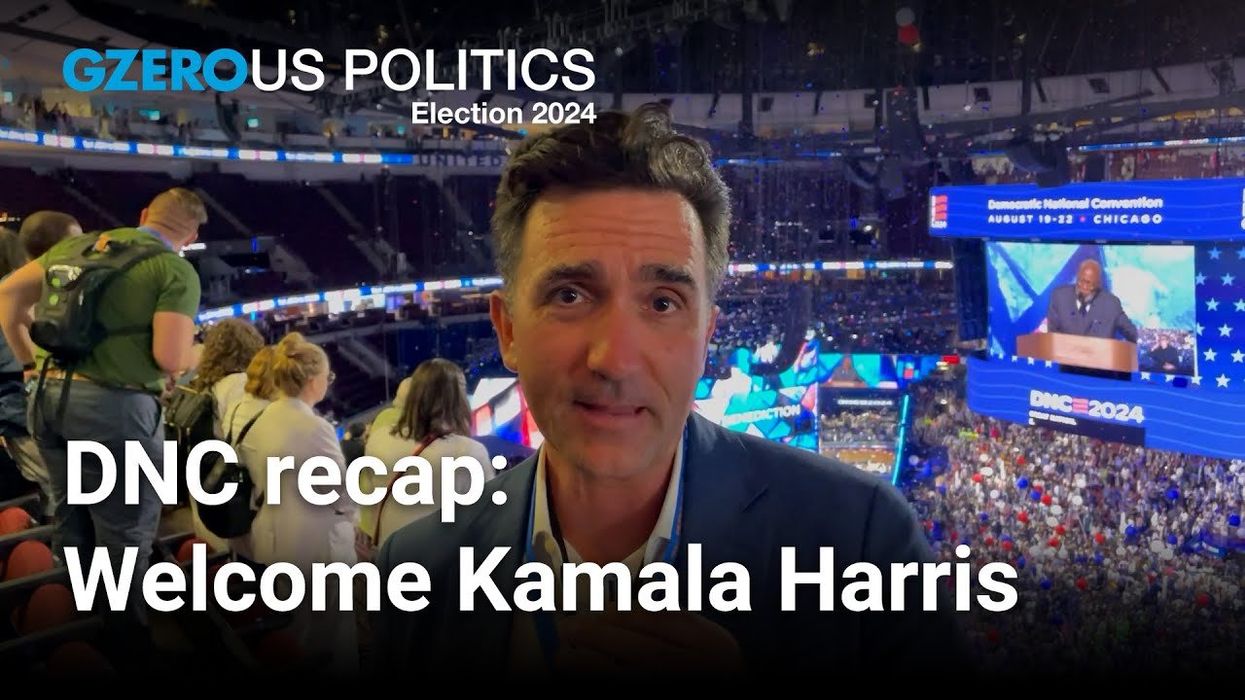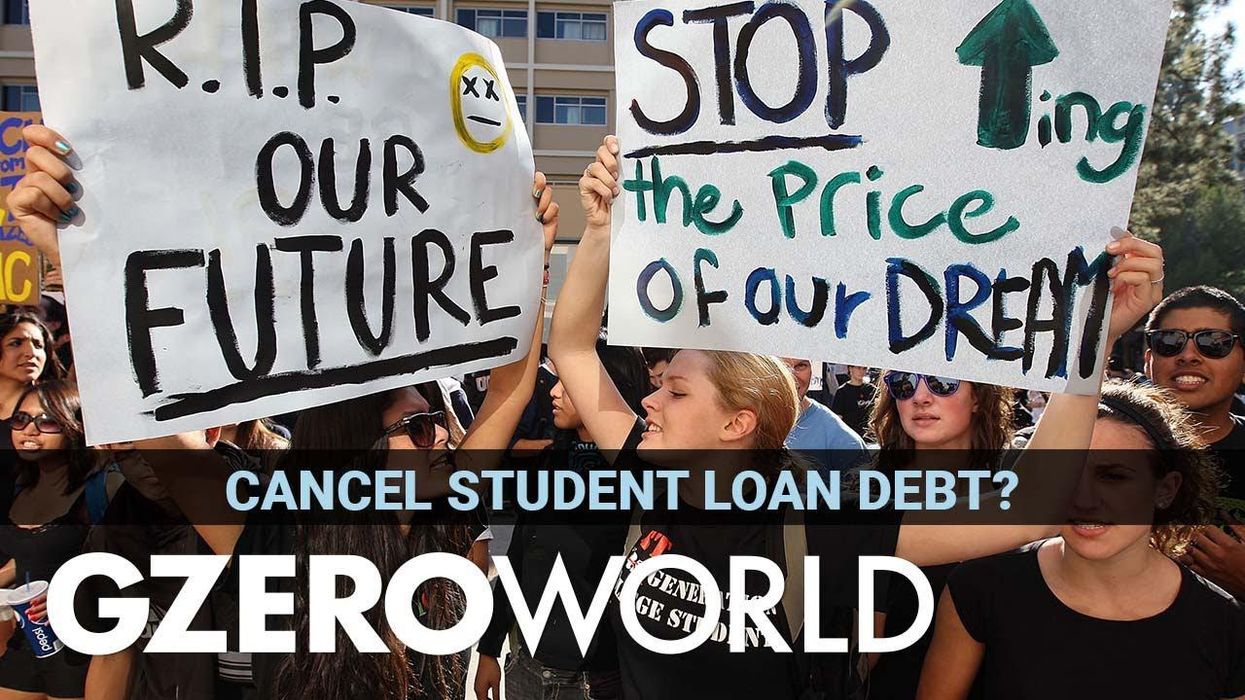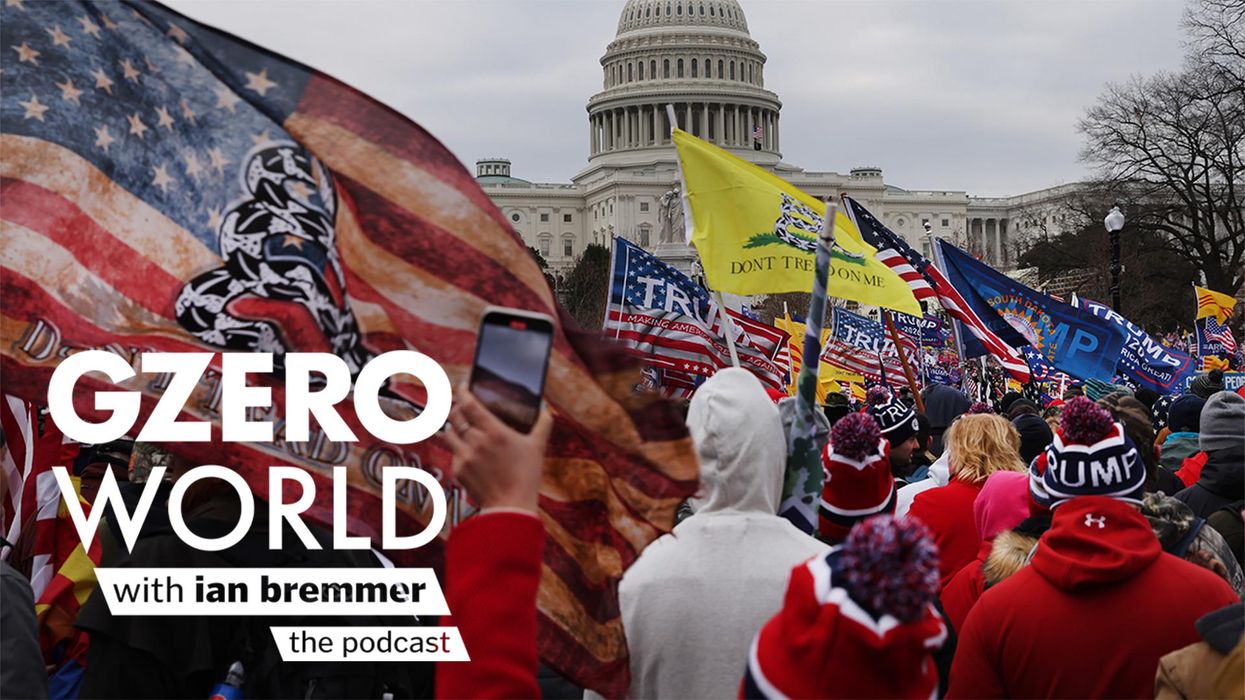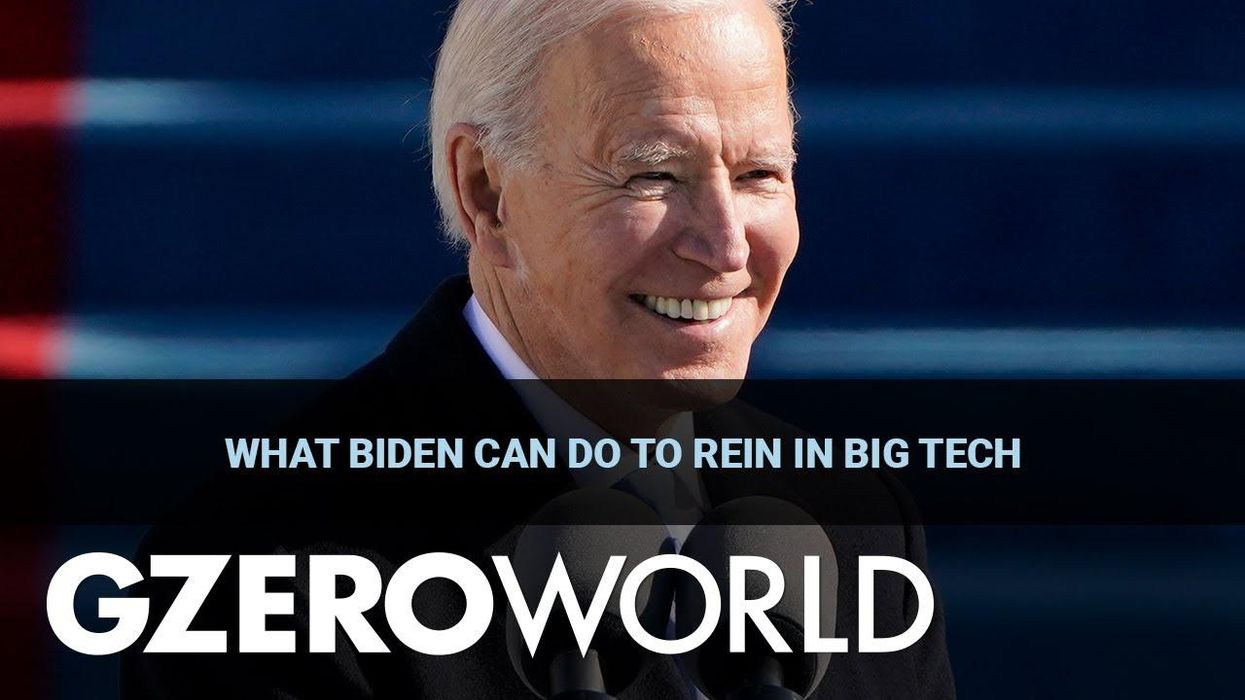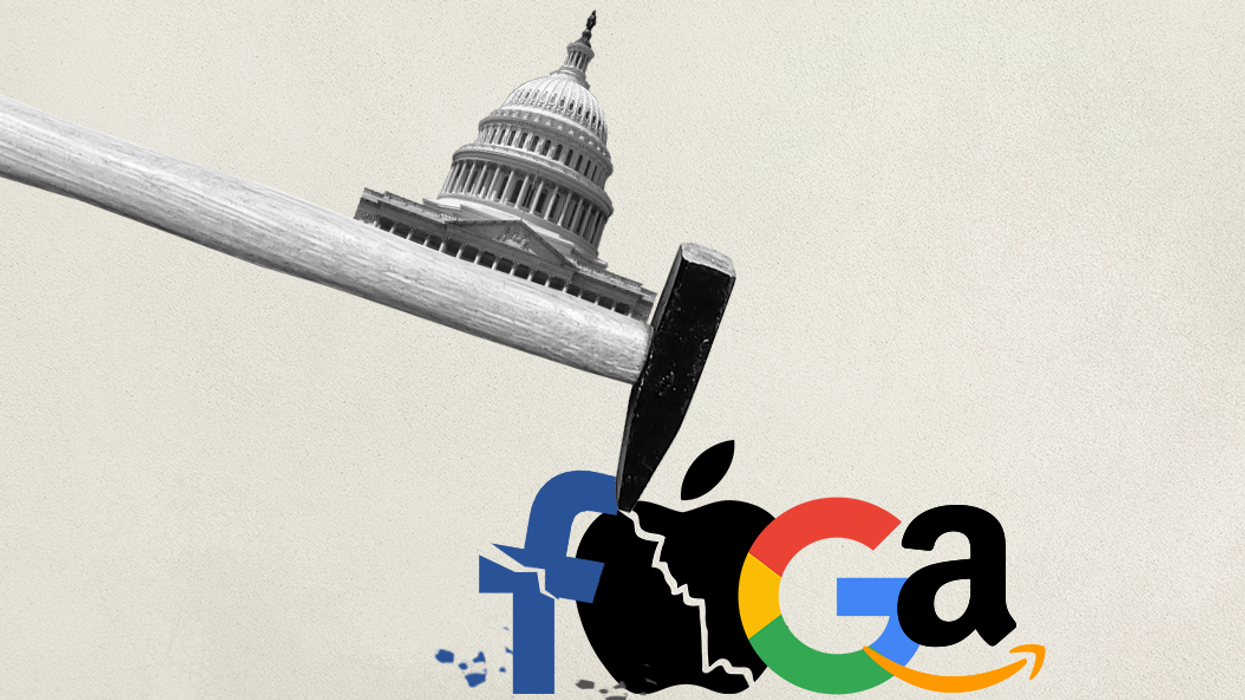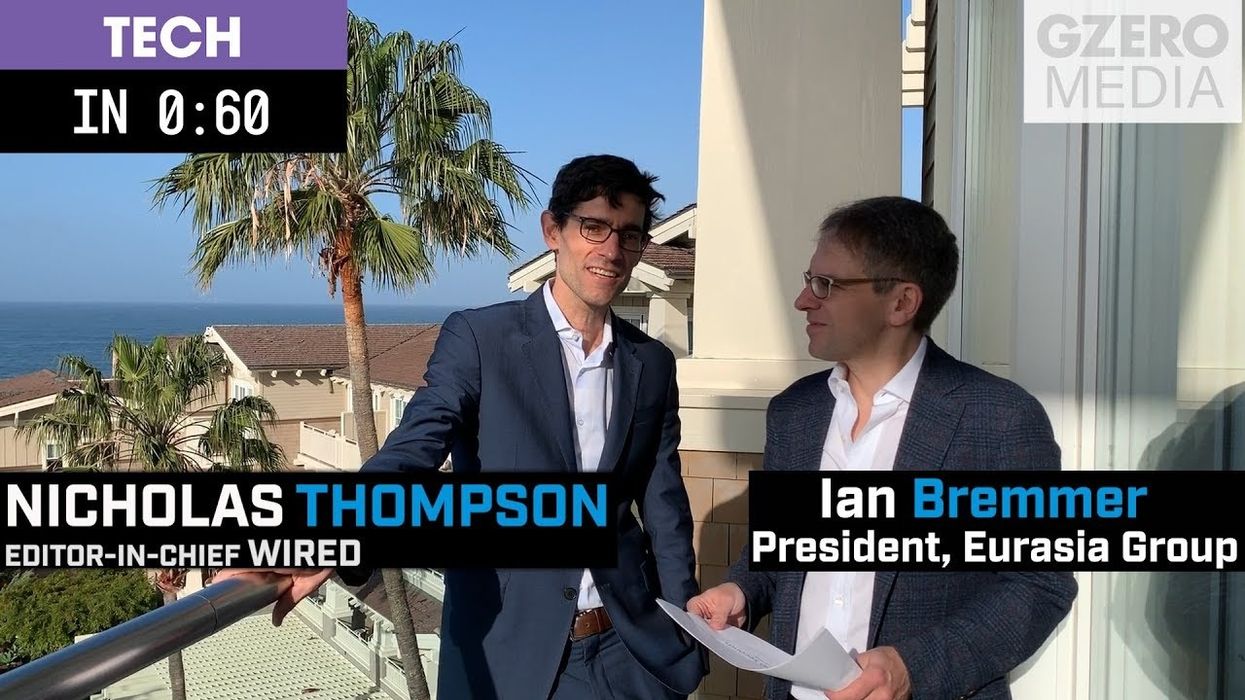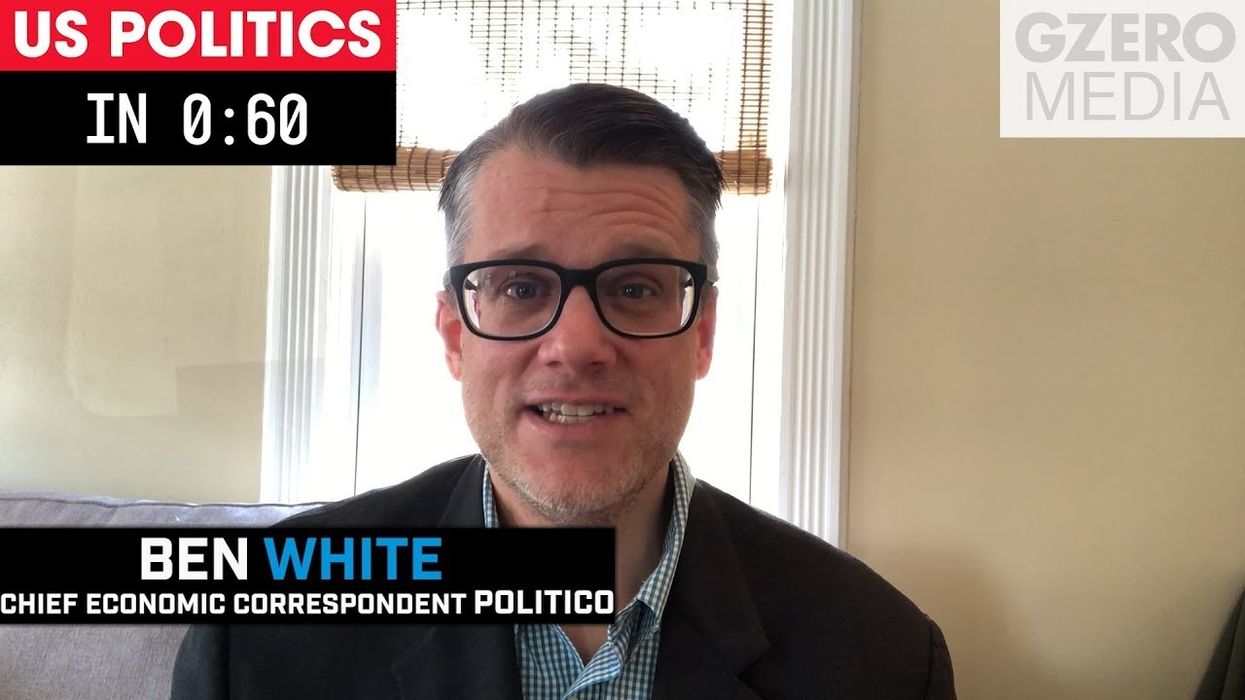US Politics In 60 Seconds
Defining Kamala Harris at DNC 2024
Three themes dominated the DNC, says Jon Lieber: 1) defining Kamala Harris; 2) contrasting her with Donald Trump; and 3) making the Democratic Party the party of freedom. But will all that translate into votes?
Aug 23, 2024
